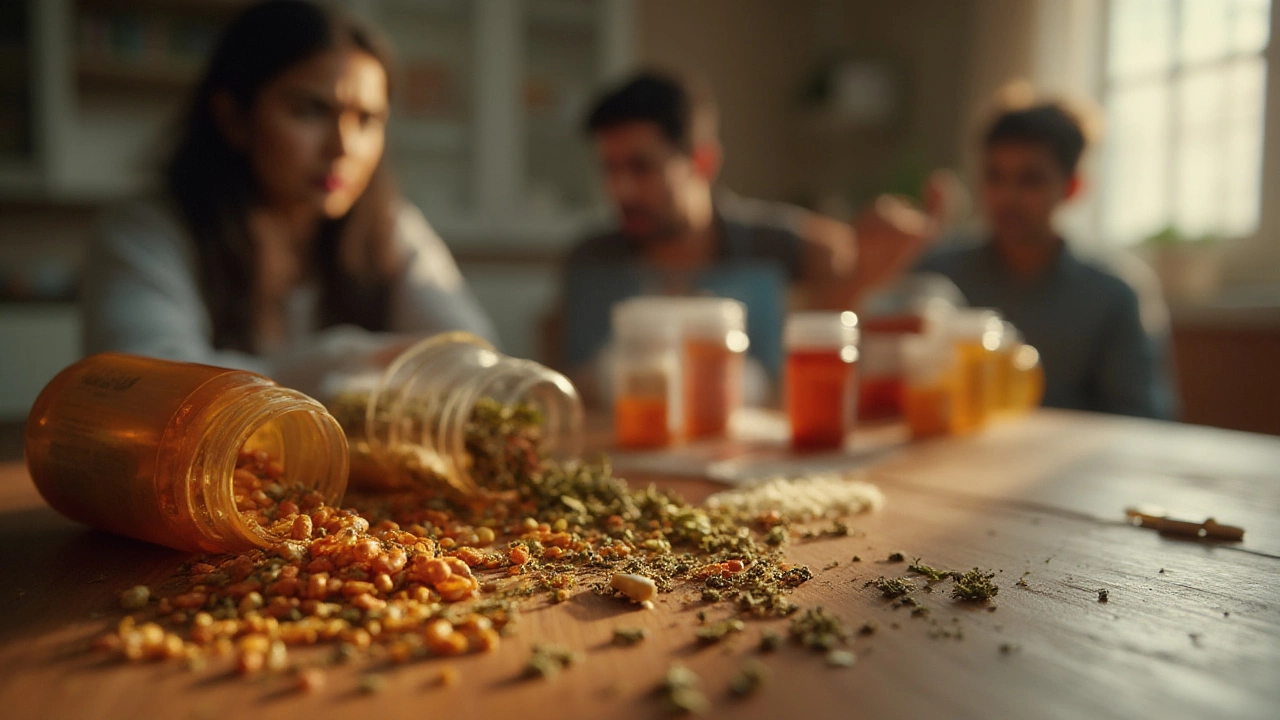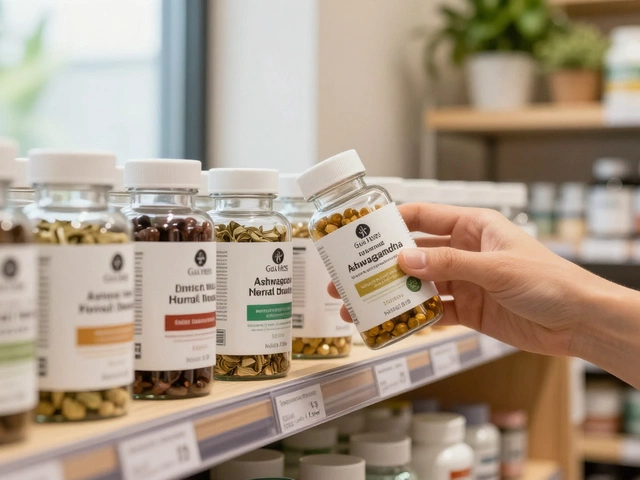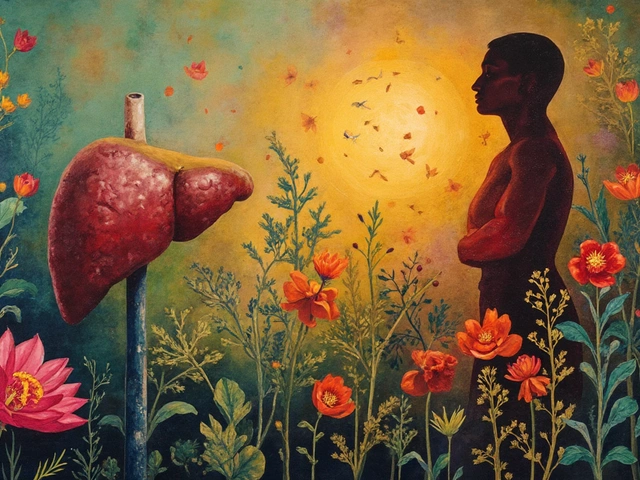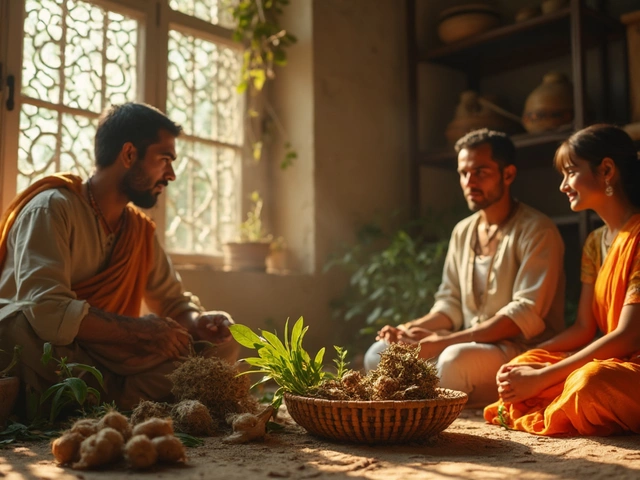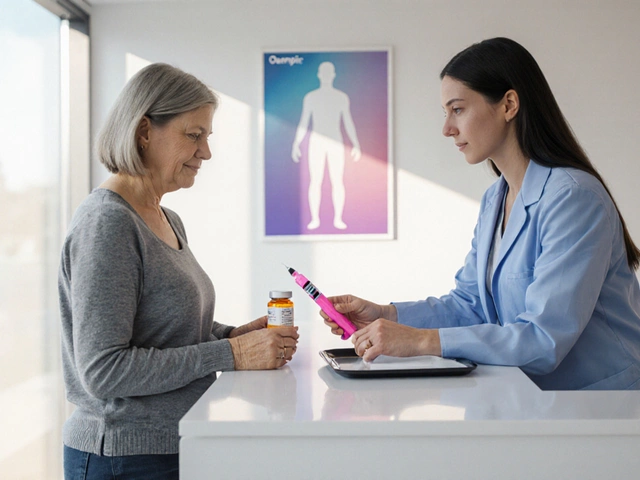Walk into any pharmacy in Bangalore or scroll through your Instagram feed, and you’ll see herbal supplements promising to do everything from boosting immunity to sharpening your memory. They come packaged with green leaves and golden roots on the label, almost whispering “I’m safe, I’m natural.” But here’s the kicker—just because it’s plant-based doesn’t mean it’s harmless.
Not as Safe as You Think: Unregulated Territory
Most people pop herbal capsules the same way they’d munch on peanuts. But unlike prescription medicines, herbal supplements aren’t regulated strictly here in India—or even in countries like the US. This means there’s no watchdog making sure what’s inside actually matches what’s promised on the bottle. Imagine buying ashwagandha or ginseng online only to find it padded out with fillers, contaminated with heavy metals, or carrying way too much (or too little) of the active ingredient. A 2022 study by the Indian Pharmacological Society found that nearly 25% of herbal supplements sold in local markets had varied ingredient concentrations or were adulterated. That’s eye-opening, isn’t it?
And forget about batch testing. Companies can swap out ingredients, change their proportions, or even mix in banned substances—all with barely any oversight. You’d expect some kind of government seal assuring safety or quality, but that’s still a dream. This makes herbal supplements almost a gamble—sometimes you get the real deal, other times you pay for fancy packaging and little else. On top of that, previous recalls of supplements like weight loss pills with sibutramine or erectile dysfunction herbs spiked with sildenafil were only caught when people got sick. Makes you think twice before picking up a ‘no-side-effects-guaranteed’ supplement, right?
Labels are no help either. You’ll spot vaguely written warnings, if at all. Most don’t clearly mention side effects, maximum safe doses, or who should be cautious. Unlike your usual Crocin strip, there’s no patient information leaflet giving you a heads up. Even Ayurvedic or Siddha medicines, just as herbal as they come, have been found with lead or mercury contamination due to unregulated manufacturing. There’s even this running joke among pharma friends in Bangalore—that herbs are only as safe as the factory that makes them. And honestly, that’s not much assurance.
Unseen Side Effects: When ‘Natural’ Turns Nasty
The big selling point for herbal supplements is that they’re “natural” and supposedly free of side effects. But nature can be quite unforgiving if you let your guard down. Take licorice, a common herbal remedy for cough or digestive issues. Too much, and you’ll end up with dangerously low potassium and skyrocketing blood pressure. Ginkgo biloba? Great for memory, until you realize it can cause headaches, diarrhoea, or worse, bleeding disorders if you’re already on blood thinners.
Ayurvedic classics like ashwagandha are hyped for helping with stress. But what no one tells you is that if you take too much, you could end up with an upset stomach, vomiting, or even liver damage. Indian case reports have documented patients showing up in clinics with acute hepatitis after months of self-medicating with herbal tonics. Ever heard of ephedra? Once a weight loss favourite, it was banned after deaths linked to heart attacks and strokes, both here and abroad. It’s still found in some shady market corners, because hey, regulations are spotty.
Here’s another angle: allergies. We’re trained to be wary of peanuts and shellfish, but who checks for allergies to herbal products? Neem, turmeric, and tulsi can all trigger rashes, swelling, or wheezing in sensitive folks. Symptoms creep up slowly, so they’re often missed or blamed on something else. There’s even something called herbal-induced photosensitivity—an unlucky customer applies herbal oil, steps into the sun, and ends up with a massive rash.
Some of the harm isn’t obvious or immediate. Long-term use of certain herbs can slowly affect your liver or kidneys. For example, the herb kava, often promoted for anxiety, has been linked to serious liver toxicity. The worst part? You might not notice until there’s serious damage. No wonder doctors in busy hospitals here in Bangalore are fed up treating patients who assume that ‘herbal’ means zero risk.

Dangerous Interactions: Mixing Herbal with Modern Medicine
This one’s a real ticking time bomb. Most of us think nothing of swallowing an herbal capsule alongside our daily blood pressure or diabetes pill. But herbs and regular meds don’t always play nice together. Take St. John’s wort. It can mess with antidepressants, heart medicines, anti-HIV drugs, and even birth control, making them way less effective. In fact, St. John’s wort is notorious for causing surprise pregnancies because it interacts with oral contraceptives. There’s a famous case at Apollo Hospital where a patient’s cholesterol shot up because his statin was neutralized by a herbal cholesterol-lowering mix.
That’s just the tip of the iceberg. Garlic pills are beloved for heart health, but when combined with blood thinners like warfarin, they can cause dangerous bleeding. Ginseng, another favourite, can speed up or slow down the effects of diabetes medications, leading to episodes of hypoglycemia. Some traditional remedies can ramp up the toxicity of chemotherapy in cancer patients, or even make anti-epileptic drugs less reliable. And it’s not just a theoretical risk—ER doctors in India are seeing these cases more frequently, as supplement use climbs among those keen on ‘boosting immunity’ post-COVID.
One major problem is that people rarely tell their doctors about their supplement habits. Either they're embarrassed, or they truly think herbal products are so safe they don’t count as ‘real’ medicine. This creates a blind spot in treatment, and you end up with unnecessary health scares. A survey by the Indian Medical Association in 2024 found that 60% of patients on chronic medications never disclosed their herbal supplement use. That’s like flying blind, especially during surgery or serious illness where drug interactions could tip the balance.
False Assurance and Wasted Money: The High Cost of Hope
Finally, there’s the harsh truth about the power of marketing. Herbal brands promise huge benefits: instant energy, glowing skin, weight loss, better memory—the works. Folks spend thousands on these in the hope of finding the magic bullet that modern medicine can’t offer. And while some traditional medicines have real value, many supplements sold off the shelf are either too diluted to work or aren’t proven at all. The World Health Organization doesn’t mince words: unproven herbal supplements often provide nothing beyond a placebo effect.
This false assurance leads to lost time, money, and sometimes, lost opportunities for actual treatment. I know people in Bangalore who ditched needed insulin shots for herbal powders, believing online testimonials, only to end up in the hospital. The supplement industry in India alone is worth thousands of crores, with flashy influencers and celebrity endorsements hiding the real, unresolved questions about efficacy. A 2023 study found that 40% of marketed herbal products had no supporting clinical trials or real-world patient outcomes. All that hype, very little actual science.
Then comes the issue of dependency. Some supplements mask symptoms, making you believe you’re getting better, while the real disease quietly progresses. This is especially risky in chronic problems like liver disease or heart failure, where early medical intervention makes all the difference. The supplement may not just be useless; it could indirectly speed up your decline by keeping you away from proven treatments.
If you’re considering herbal supplements, keep eyes wide open. Do your research, talk to a real doctor—preferably one who understands both traditional and modern medicine. Ask for third-party testing certificates, avoid products with vague ingredients or miracle claims, and remember: there’s no such thing as a risk-free cure. Your health is always worth that extra caution.
